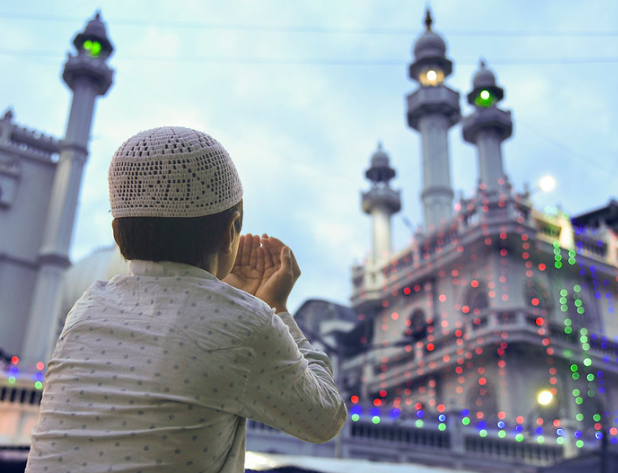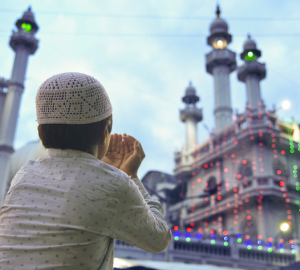Ramadan is one of the golden opportunities for Muslims to reap the seeds of the reward to reach God’s pleasure. In this glorious month, there is so much worship that can be done besides fasting itself which is indeed the main menu for Muslims in this blessed month.
As human beings who have vowed to have faith in their hearts, it is fitting for Ramadan to be welcomed with feelings of joy, happiness, and strands of gratitude for the presence of a month full of blessings, forgiveness, compassion, and deliverance from hell. During Ramadan, every good deeds will be rewarded with multiple values, prayers get closer to the answer, the opening of the doors of repentance, the month full of patience values.
Ramadan is a month that every Muslim has an obligation to perform fasting for a full month. In simple terms, fasting is a process of refraining from eating and drinking since the dawn until the maghrib time. The obligation of fasting as stated in the Koran Surat Al-Baqarah verse 183 which reads “O ye who believe, is obliged for you to fast as has been required of the people before you so that you will be devoted.”
Further understanding the passage of the verse above, it is linguistically implied that there is a guideline to create behavioral changes from the level of believers to a higher level, namely the devoted man. This is of course without reducing the slightest meaning and position of faith itself.
By referring to the word of God, the very basic value of fasting is reaching a point called taqwa. It is a condition with full awareness of oneself to always present Allah, when, with whom, no matter where and wherever he is. Such feelings will direct the soul of his body to always be obedient to all the commands of God and avoid all forms of prohibition and iniquity against Him.
Ramadan is a field provided by God as a means for Muslims to recharge their faith and devotion, as well as a means of character building which can then become a center of control for physical and resource of development for Muslim. There are several correlations between fasting and devotion that can be drawn from the words of God above.
The first correlation is to restrain lust to implement the commandments of Allah and draw closer to Him. Through restraining lust we will also be more inclined to behave positively that only God knows without having to indulge to be seen by others.
Thus fasting can be a means to charity truly sincerely hoping for ridha of Allah only. Fasting by refraining from eating and drinking which then decreases the strength of the body, is intended to reduce the physical power which also affect the decrease in lust and facilitate the process of cleansing the soul (tazkiyah an-nufus) so that we can train ourselves to master the desires and lust and give strength and immunity in the soul which makes it able to fight the lust as well as other worldly desires.
The second correlation of fasting with devotion is educating the soul. Ramadan is often also called as-Syahr at-Tarbiyah or the education month. Education in this context of fasting can be used as a means to develop emotional intelligence and educate people to be able to exercise self-control and self-regulation which are part of emotions.
People who are fasting on the basis of imanan wa ihtisaban will always be full confidence in God and always evaluating themselves, then he will continue to protect themselves from restrictions that can call off fasting, even though no one sees and knows it. In a hadith it is said that fasting is only for Allah and Allah himself will reward in return. This actually triggers the honesty of people who are fasting to become an inherent character and become a character that is applied in their daily lives.
Through fasting we are at least taught to discipline in fulfilling obligations, guarding ourselves from things that call off fasting, having the obligation to replace fasting as many days left on other days for those who have udzur that require themselves not to fast during Ramadan, and fasting also educates us to be discipline in terms of time, at least about break fasting time and sahur.
When fasting, our patience is also tested, this is illustrated when we feel thirsty and hungry that is so torturous, but there is no ability to eat and drink if the Maghrib drum is not beaten at the time of sunset, this educates our soul to always have a patient soul and always obey what God has required for us. Hopefully through fasting in the month of Ramadan this year and the years to come we can restrain our lust and educate our souls to become devoted servants whenever and wherever we are by only expecting the blessing of the One who is Rahman.
Aamiin. Wallahu A’lam.
Artikel ini juga tersedia dalam bahasa:
 Indonesian
Indonesian




